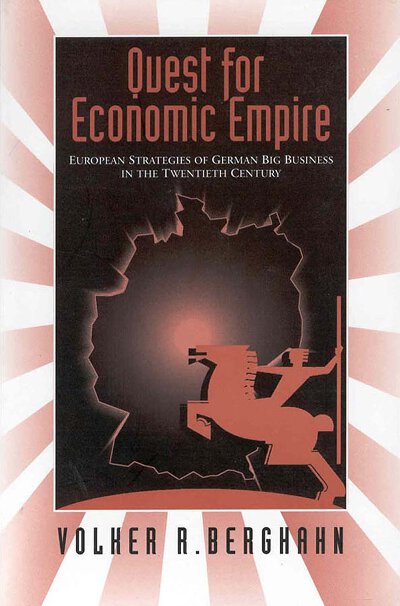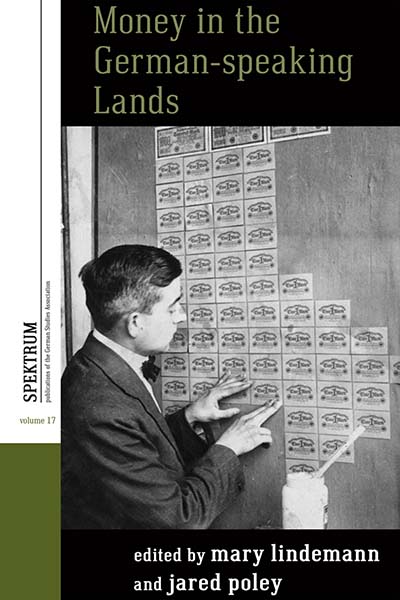
See Related
History JournalsEmail Newsletters
Sign up for our email newsletters to get customized updates on new Berghahn publications.
The Quest for Economic Empire
Edited by Volker R. Berghahn
224 pages, 15 tables
ISBN 978-1-57181-027-4 $135.00/£104.00 / Hb / Published (March 1996)
ISBN 978-1-57181-931-4 $34.95/£27.95 / Pb / Published (March 1996)
Reviews
"The collection of essays shows that the present drive by Germany to construct an integratedEuropean economy drives from several precedents in German economic thought, including theimperial and Nazi periods." · The Wall Street Journal Europe
"... a stimulating book ... [that] has much more unity than is often the case in collections ... Berghahn shows the way in which the complicated process of combining political, economic and business history with the history of mentalities can lead to interesting insights into the relationship between economic wealth and political power." · Business History
Description
German unification evoked ambivalent reactions outside its borders: it revived disquietingmemories of attempts by German big business during the two world wars to build an economic empire in Europe in conjunction with the military and the government bureaucracy. But thereare also high hopes that German finance and industry will serve as the engine of reconstruction in eastern Europe, just as it played this role in the postwar unification of western Europe.
Volker Berghahn is the Seth Low Professor of History at Columbia University where he moved in 1998 from Brown University, after a longer spell of teaching at the University of Warwick in England. The author of more than a dozen books, he has long been interested in the challenges of modern biography. In 1993, he published a study of the industrialist Otto A. Friedrich and his role in the reconstruction of West German industry after 1945. His America and the Intellectual Cold Wars in Europe uses Shepard Stone—renowned journalist, Ford Foundation officer in charge of its European and international programs, and the first director of the Berlin Aspen Institute—as a window to the trans-Atlantic world of American and European intellectuals and scholars, many of whom were associated with the Congress for Cultural Freedom during the Cold War.
See also: Volker R. Berghahn, Imperial Germany 1871–1918


